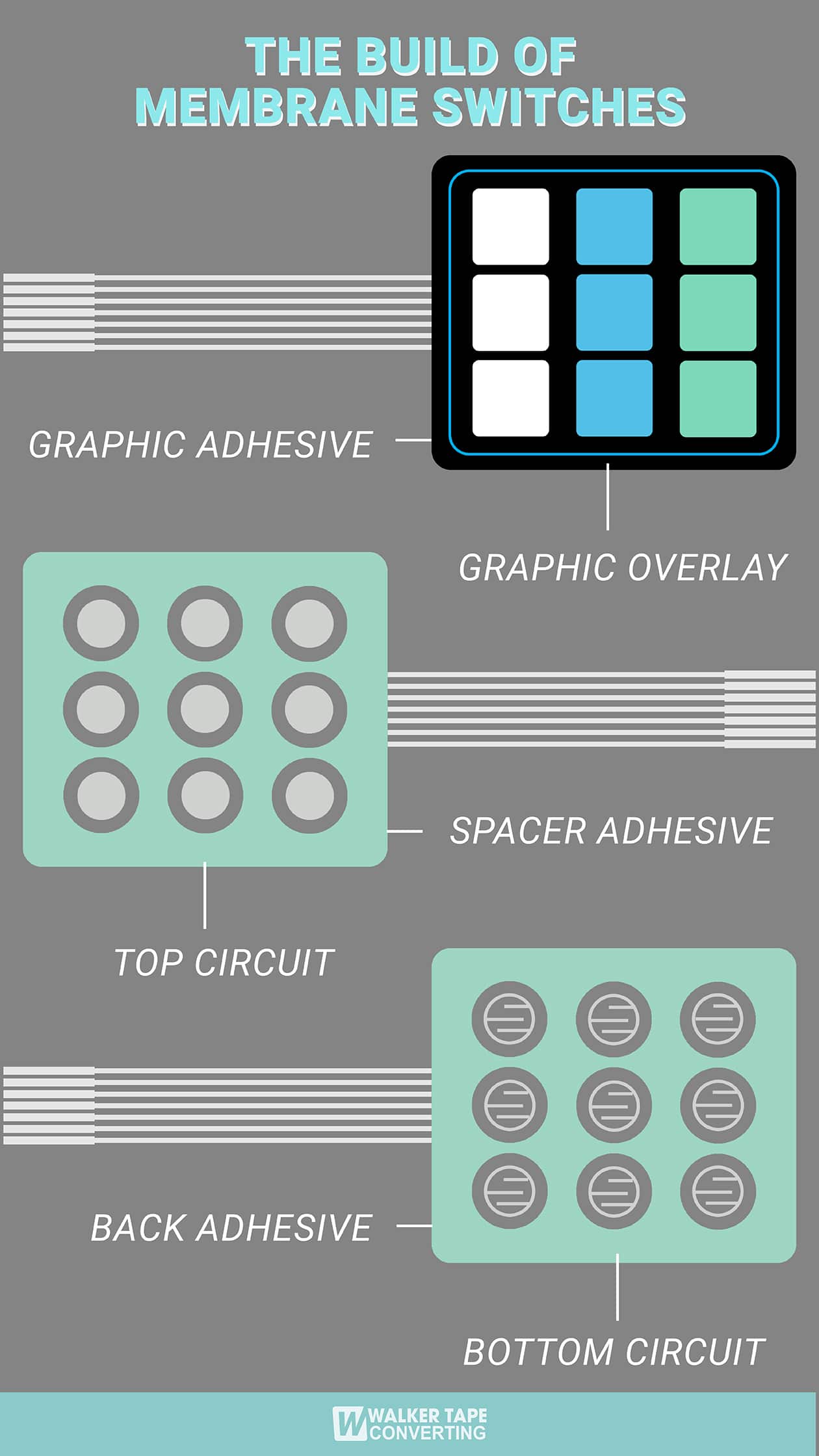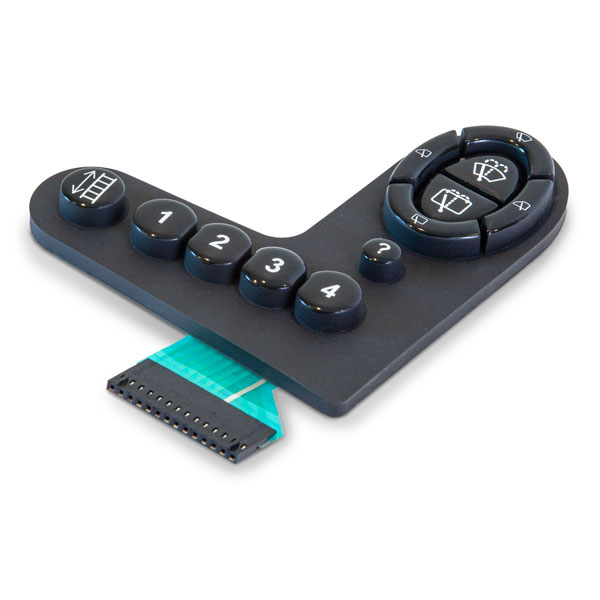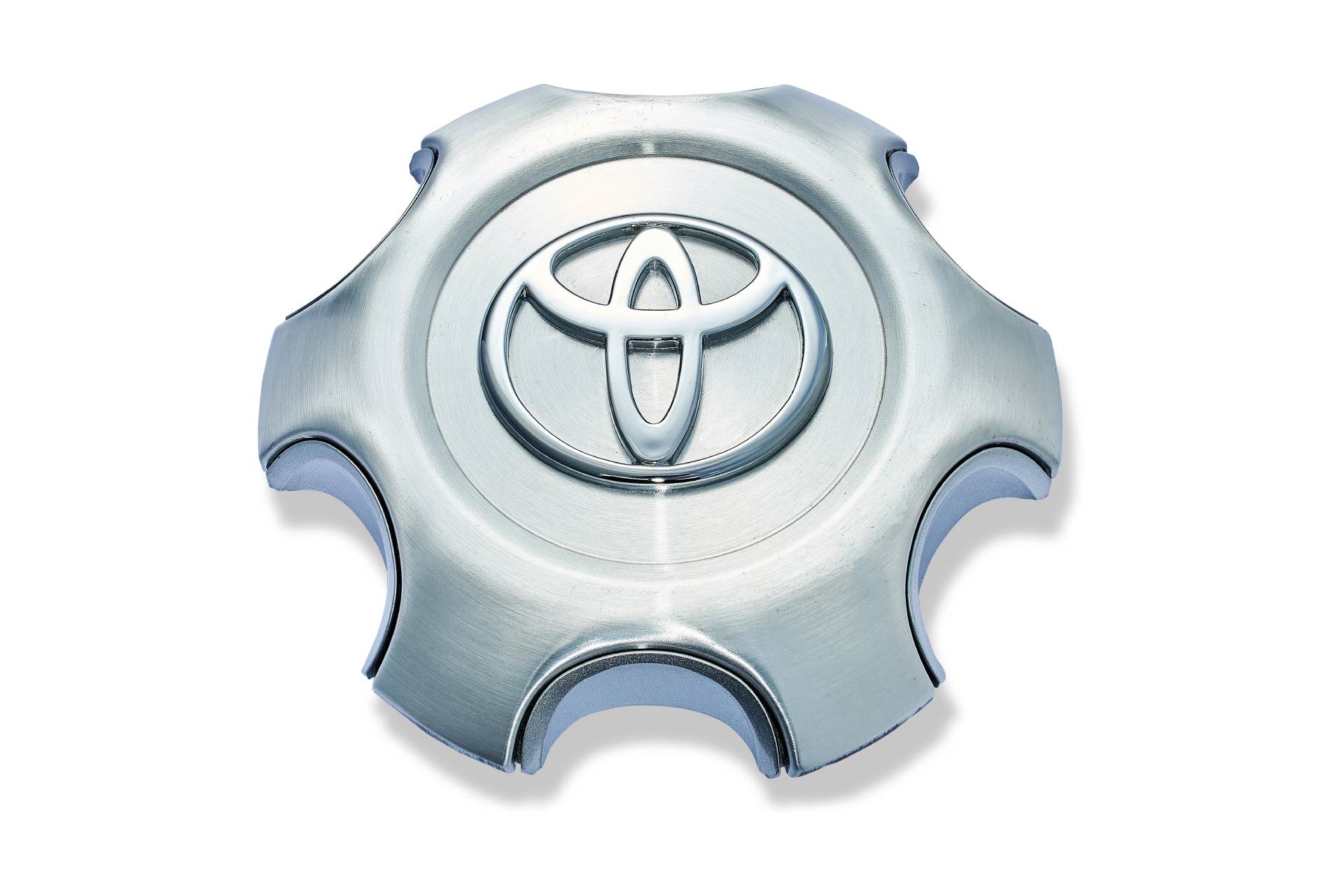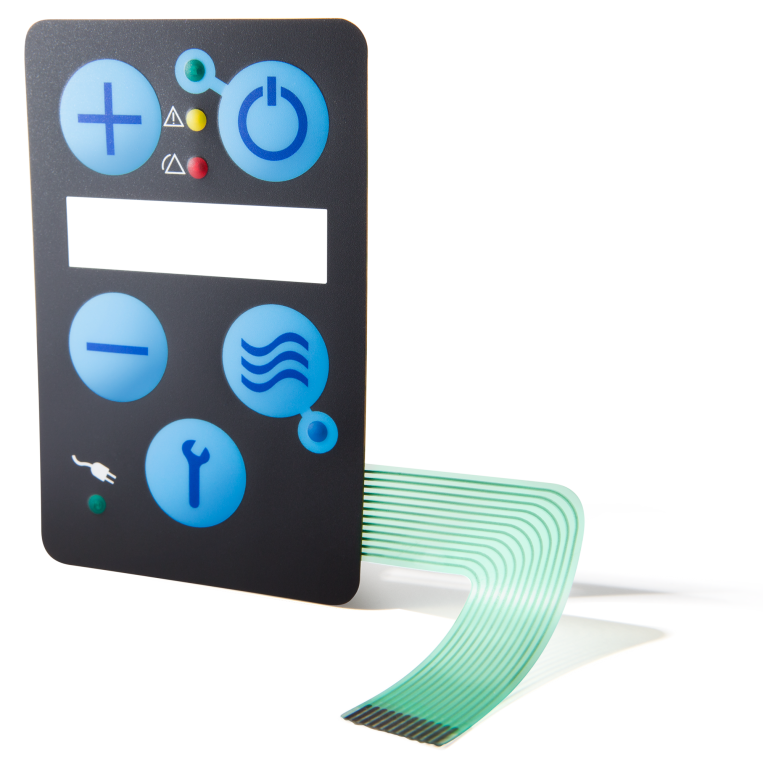Unique Designs by a Professional Membrane Switch Manufacturer
Unique Designs by a Professional Membrane Switch Manufacturer
Blog Article
Comprehending the Value of Membrane Switch in Modern Electronics and Their Applications
Membrane switches over act as an important element in modern electronics, supplying an efficient user interface for user interaction. Their light-weight and adjustable nature makes them appropriate for an array of applications throughout varied markets. Recognizing their crucial elements and benefits can supply understandings right into their growing relevance. As innovation proceeds to development, the development of Membrane switches increases concerns regarding their future applications and design technologies. What lies ahead in this vibrant field?

What Are Membrane Buttons?
Membrane buttons are vital components in contemporary electronics, functioning as interface that facilitate interaction in between devices and individuals. These buttons contain a number of layers, consisting of a graphic overlay, a glue layer, and a circuit layer, all of which collaborate to create a long lasting and functional user interface. The layout permits a flat, inconspicuous remedy that can be personalized concerning size, shape, and visual appearance, making them suitable for different applications, from consumer electronic devices to clinical devices. The tactile feedback supplied by Membrane changes improves individual experience, while their resistance to dirt and moisture makes them ideal for challenging atmospheres. Membrane switches can integrate attributes such as backlighting and printed graphics, additionally increasing their functionality. Their adaptability and effectiveness make them a recommended selection in industries where reliability and ease of usage are paramount, eventually adding to the seamless operation of modern-day electronic tools.
Key Components of Membrane Switches Over
While different elements add to the capability of a membrane button, 3 main layers play significant roles in its design and operation. The top layer, normally made from a durable polymer, acts as the user interface for individual communication, commonly including published graphics and icons. Under this is the spacer layer, which keeps the necessary range in between the top layer and the circuit layer. This spacer layer assurances that the switch triggers only when pushed, stopping unintended inputs. The circuit layer includes conductive traces that complete the electric circuit when the leading layer is dispirited. These traces can be made from various materials, consisting of copper or silver. Together, these components develop a durable and trusted gadget that is portable and functional, ideal for a wide variety of electronic applications, from house appliances to medical devices. Recognizing these vital parts is vital for valuing the general capability of Membrane switches.
Benefits of Making Use Of Membrane Changes

Membrane Switch Production Refine
Comprehending the Membrane button production procedure exposes the elaborate actions entailed in creating these vital components. The procedure typically starts with the style stage, where requirements and formats are created making use of specialized software application. Following this, the visuals overlay is printed on a flexible substratum, commonly utilizing high-resolution printing techniques to guarantee clarity and precision.Next, the glue layers are used, which serve to bond the various parts with each other. The circuit layers, made from conductive inks or materials, are after that printed onto a different substrate. These layers are carefully lined up and laminated flooring to develop a useful switch.After assembly, the switches undertake testing to validate capability and longevity. Quality assurance actions are applied throughout the procedure to determine and remedy any kind of defects. The completed Membrane buttons are packaged and prepared for distribution, ready to fulfill the needs of modern digital applications.
Applications of Membrane Changes in Various Industries
Membrane buttons are progressively used throughout numerous industries, specifically in medical equipment and customer electronics. In the medical area, they offer trustworthy control user interfaces for tools that need exact operation. Likewise, in consumer electronics, these buttons boost customer interaction by using sleek and responsive interfaces.
Medical Tools Control
Countless modern-day medical gadgets make use of Membrane switches for structured operation and enhanced individual interaction. These switches offer a trusted, sturdy interface for a selection of applications, including analysis tools, individual surveillance systems, and medical instruments. Their customizable designs permit certain layouts that can accommodate the unique requirements of healthcare professionals, ensuring instinctive navigating and reliable accessibility to crucial functions. In addition, Membrane buttons are immune to pollutants, making them suitable for sterile environments. The tactile comments they provide can boost user self-confidence, minimizing the threat of errors throughout crucial medical treatments. Overall, the combination of Membrane buttons in medical tools considerably adds to boosted functional performance and person safety in medical care setups.
Consumer Electronics Interfaces
In the domain of consumer electronics, Membrane switches play a critical duty in improving interface throughout a variety of tools. These buttons are important to products such as push-button controls, microwaves, and pc gaming consoles, giving a easy to use and reliable interface. Their style permits a seamless integration of graphics and performance, allowing makers to create streamlined, modern appearances without jeopardizing use. Membrane switches are likewise recognized for their durability, typically holding up against extensive use and exposure to numerous ecological conditions. In addition, they can integrate features like backlighting and responsive comments, more enhancing the user experience. As consumer demands for innovative yet intuitive interfaces expand, Membrane switches remain to be a vital component ahead of time electronic tool performance.
Design Considerations for Membrane Switches
Creating reliable Membrane changes needs careful interest to various aspects that influence both functionality and customer experience. One essential factor to consider is the choice of materials, as they can influence toughness, responsive comments, and aesthetic allure. Selecting an appropriate adhesive is crucial for assuring long-term adhesion and resistance to environmental factors.In enhancement, the design and layout of the button have to accommodate user communication, with switch dimensions and spacing enhanced for ease of use. The unification of graphics and labeling ought to focus on clarity and visibility special info under various lighting conditions.Consideration of electrical characteristics, such as actuation pressure and button sensitivity, will certainly boost the responsiveness of the Membrane button. The style ought to suit manufacturing processes to assure cost-effectiveness and prompt production. Overall, a well-balanced style boosts both the customer and the functionality experience of Membrane switches in contemporary electronics.

Future Fads in Membrane Switch Technology
As technology remains to develop, Membrane buttons are poised to integrate new developments that will enhance their functionality and application in different areas. One significant fad is the consolidation of adaptable and long lasting her response materials, which will certainly enhance the lifespan and integrity of these buttons. Improved surface textures and adjustable graphics are likewise anticipated, permitting for even more user-friendly customer interfaces.Moreover, the combination of smart technology, such as touch-sensitive surfaces and haptic comments, is expected to boost customer communication, making Membrane switches over a lot more engaging and receptive. Furthermore, developments in printed electronic devices will certainly allow more intricate circuitry within thinner accounts, better increasing design possibilities.Sustainability will certainly additionally play a vital role in future growths, as suppliers discover environmentally friendly materials and production procedures. Generally, these patterns will certainly guarantee that Membrane switches continue to be appropriate and crucial in an interconnected and increasingly electronic globe.
Frequently Asked Concerns
Just How Do Membrane Changes Compare to Conventional Mechanical Switches?
Membrane changes offer advantages over typical mechanical buttons, consisting of lowered size, lighter weight, and improved toughness. They typically supply a secured surface, improving resistance to dust and dampness, making them excellent for diverse applications.
What Products Are Commonly Used in Membrane Switch Building?

Can Membrane Changes Withstand Extreme Environmental Issues?
Membrane buttons can stand up to severe environmental conditions, depending on their style and materials. High-quality buildings typically include toughness versus temperature level variations, humidity, and exposure to chemicals, making them suitable for numerous requiring applications across sectors.
The Length Of Time Do Membrane Switches Over Usually Last Before Failing?
Membrane switches typically display a lifespan varying from 1 to 10 million actuations, depending upon variables such as usage regularity, environmental conditions, and manufacturing quality. Normal upkeep can prolong their toughness and operational reliability considerably.
Are Membrane Switches Adjustable for Specific Applications?
Membrane switches are certainly adjustable for details applications. They can be customized in functionality, style, and dimension, permitting makers to fulfill unique individual demands and enhance product aesthetic appeals while preserving functional effectiveness and toughness. Membrane switches are necessary components in modern-day electronics, serving as user interfaces that promote interaction between tools and customers. check my reference The responsive responses given by Membrane switches boosts customer experience, while their resistance to dust and dampness makes them optimal for testing environments. The incorporation of graphics and labeling need to prioritize clarity and visibility under various lights conditions.Consideration of electric features, such as actuation force and button level of sensitivity, will improve the responsiveness of the Membrane switch. Boosted surface structures and customizable graphics are likewise expected, permitting for even more intuitive user interfaces.Moreover, the combination of wise innovation, such as touch-sensitive surface areas and haptic feedback, is expected to improve user communication, making Membrane switches much more engaging and receptive. Membrane switches offer benefits over standard mechanical buttons, consisting of lowered size, lighter weight, and enhanced longevity.
Report this page